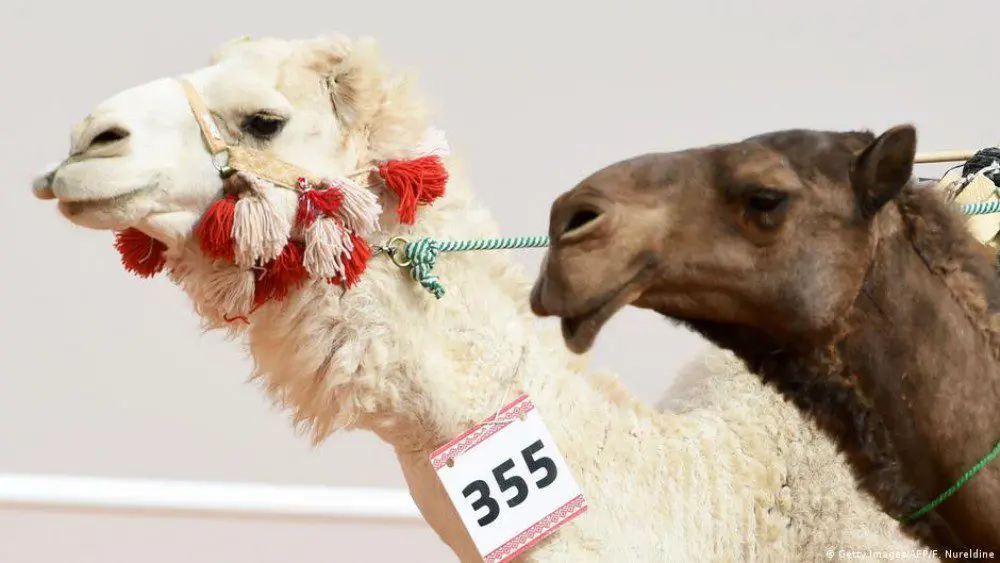In Dubai, camels can make very good money – over 2 million worth of camels that have won a beauty contest. But because elite camels are rare, they are already being cloned in the emirate. Business for millions, writes Deutsche Welle.
The reproductive center in Dubai has existed since 2003. It was then discovered in person by the heir to the throne, Sheikh Hamdan bin Rashid. Years of rapid development followed, as a result of which the institute became one of the world’s leading research centers for camel breeding.
It took the institute five years to create the first camel clone: Injaz was born in a laboratory and carried the genes of another camel. It is worn by a third camel – a foster mother, whose pregnancy passes quite normally. Injaz herself later became pregnant four times, but died at the fourth birth because the fetus turned out to be too large – a real tragedy for its creators.
Today, the research center in Dubai has about 300 camels, 28 of which are pregnant.
Dozens of cloned camels are born at the institute every year. The business is booming despite fabulous prices: a cloned baby camel costs between 46,000 and 93,000 euros. “The demand is so great that we just can’t,” the institute’s scientific director Nisar Vani boasted to reporters at Germany’s ARD television.
Other animals can be cloned there – dogs, horses, goats. But camel cloning is the main activity of the institute. No wonder, since in the region beauty contests and camel races are an extremely lucrative business. The best camels in these competitions not only win prizes of hundreds of thousands of euros, but also usually triple their value.
The price for a camel that has won the “beauty queen” prize exceeds 2 million euros. The following qualities are especially valued: large head, drooping lips, thick and long eyelashes, long and elegant back, dark fur on the humps and long legs. camel breeders even use Botox or fillers, but for many, a clone of a winning camel seems the best option, or better yet, a few clones.
The same goes for camels, which are especially fast, have a strong libido or give a lot of milk. Because camel’s milk is a sought-after commodity far beyond Dubai.
The institute in Dubai also helps camel owners who cannot part with their beloved animal after its death: cells are extracted from the dead body to create a clone. Sowing the crop and freezing it in a bank costs 3,400 euros.
One of the institute’s most loyal clients is the heir to the throne of Dubai himself: many of its most successful racing camels are clones created in the reproductive center. And it is no coincidence that the wealthy sheikh is one of the most generous donors to the institute.







